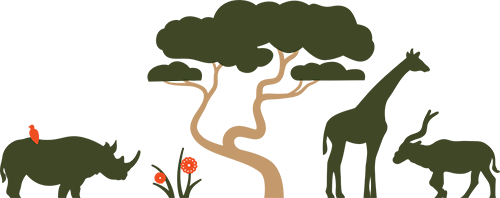Our conservation mission is to participate effectively in the sustainable conservation of selected wildlife species, natural biological diversity and natural habitats.
Conservation is the heart of Fossil Rim. Our visitors enjoy watching a herd of 30 scimitar-horned oryx, possibly unaware the herd's offspring have traveled half the globe for reintroduction to Chad.
In the quiet back corner of the property, intensive work is underway raising Attwater's prairie chickens. These native Texan grouse are released every year to the wild.
And cheetah mothers chirp to their offspring along the Scenic Wildlife Drive, not knowing they are essential to the North American population, which has recently ramped up production thanks in large part to Fossil Rim's efforts.
Who will be next?
The addax that eagerly awaits a handout may soon be on a plane to help repopulate the wild.
I am compelled to recognize the special contribution that Fossil Rim Wildlife Center has made to the sustainability of addax.
Bill Houston
Addax Species Survival Plan Coordinator in the 2014 Addax Masterplan
our spectrum of sustainability
Conservation
Breeding
Conservation
Research
Conservation
Education
Natural Resources
Management
Recycling &
Waste Conversion
notable statistics & accomplishments
On Our Watch
Addax
45 of these critically endangered animals in our herd
800 total addax born at Fossil Rim
Scimitar-Horned Oryx
Fossil Rim contributed 18 animals to the reintroduction of the species in its native Chad
Cheetah
Fossil Rim is a top-three breeding center in North America: 223 cubs born as of 2021.
Attwater's prairie Chicken
6,009 birds hatched as of 2021, making Fossil Rim the leading Attwater's prairie chicken breeding center

Materials recycled
Plastic #1 & #2 | Cardboard |Batteries
Aluminum | Tin
Hay Production
2,918 square bales
385 round bales
produced for our animals in 2021
Conservation Budget
8.2% of 2020 budget spent on field conservation, including assurance populations and reintroduction programs; exceeds AZA goal of 3%



